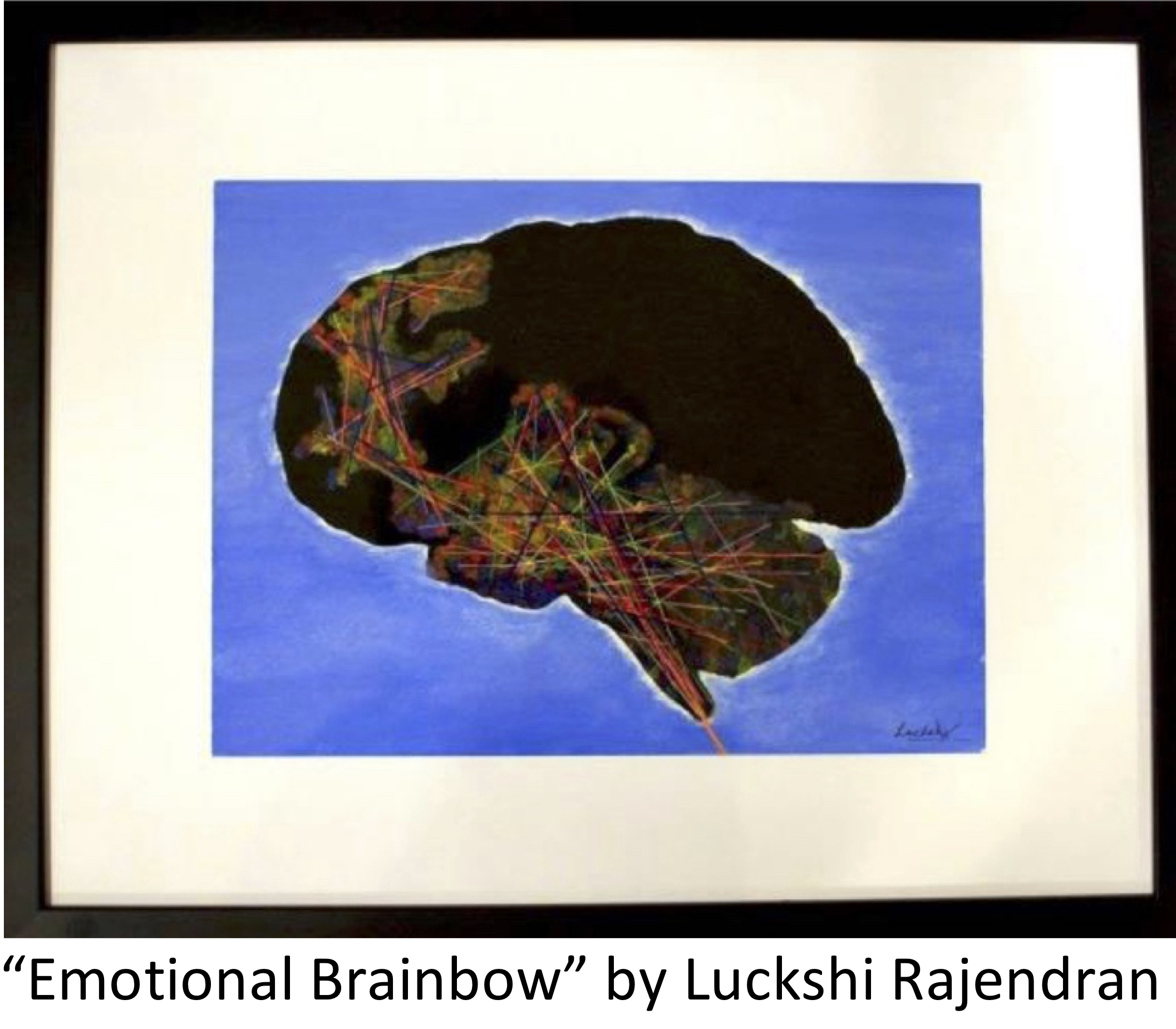Scaffolding for assessment success: using gradual release of responsibility to support resident transition to competency-based medical education
DOI:
https://doi.org/10.36834/cmej.61846Abstract
In competency-based medical education (CBME), assessment is learner-driven; learners may fail to progress if assessments are not completed. The General Internal Medicine (GIM) program at Queen’s University uses an educational technique known as scaffolding in its assessment strategy. The program applies this technique to coordinate early assessments with specific scheduled learning experiences and gradually releases the responsibility for assessment initiation to residents. Although outcomes of this innovation are still under investigation, we feel it has been valuable in supporting resident assessment capture and timely progression through stages of training. Other residency training programs could easily implement this technique to support the transition to Competency by Design.
Downloads
Published
How to Cite
Issue
Section
License
Submission of an original manuscript to the Canadian Medical Education Journal will be taken to mean that it represents original work not previously published, that it is not being considered elsewhere for publication. If accepted for publication, it will be published online and it will not be published elsewhere in the same form, for commercial purposes, in any language, without the consent of the publisher.
Authors who publish in the Canadian Medical Education Journal agree to release their articles under the Creative Commons Attribution-Noncommercial-No Derivative Works 4.0 Canada Licence. This licence allows anyone to copy and distribute the article for non-commercial purposes provided that appropriate attribution is given. For details of the rights an author grants users of their work, please see the licence summary and the full licence.










